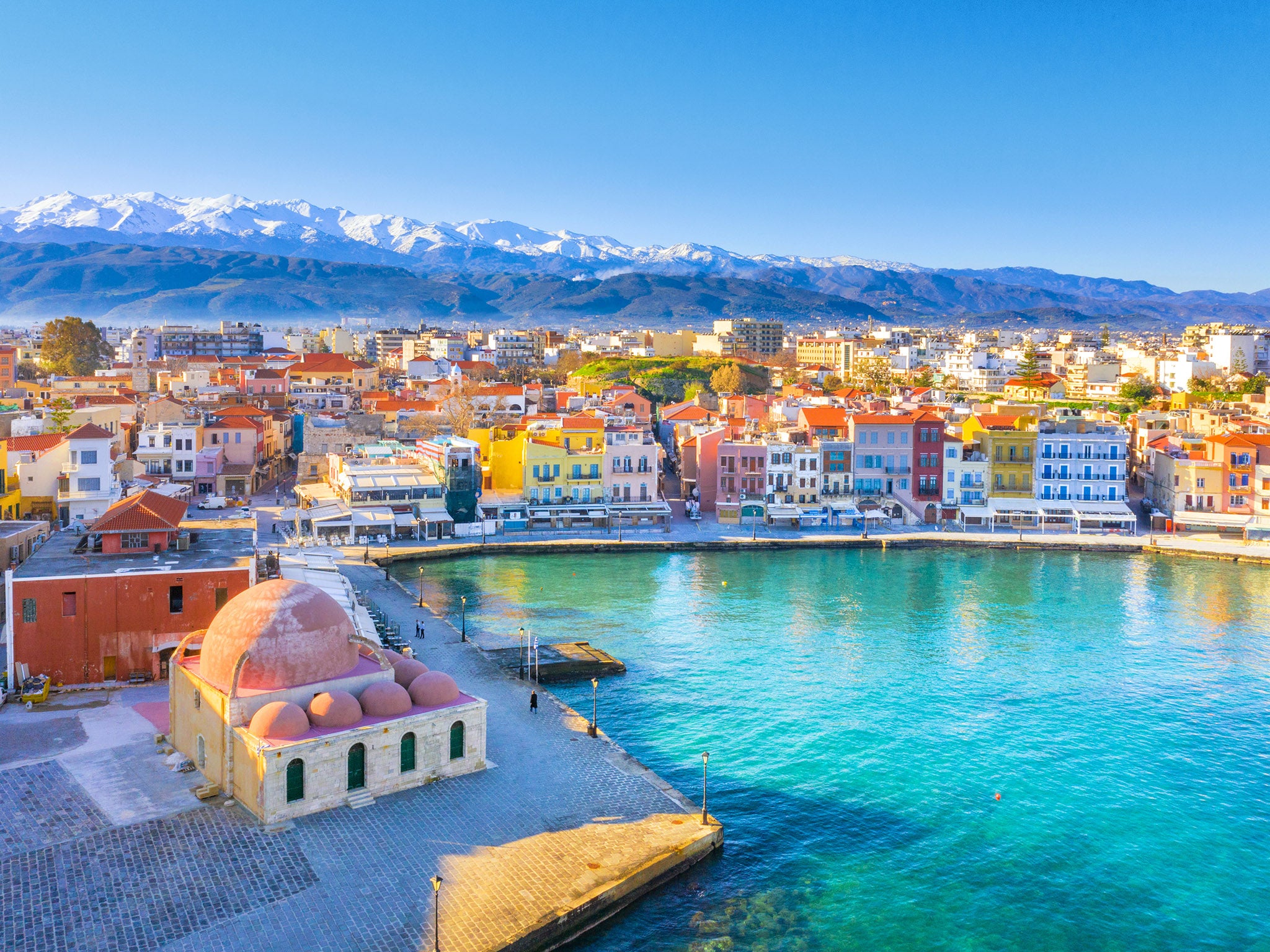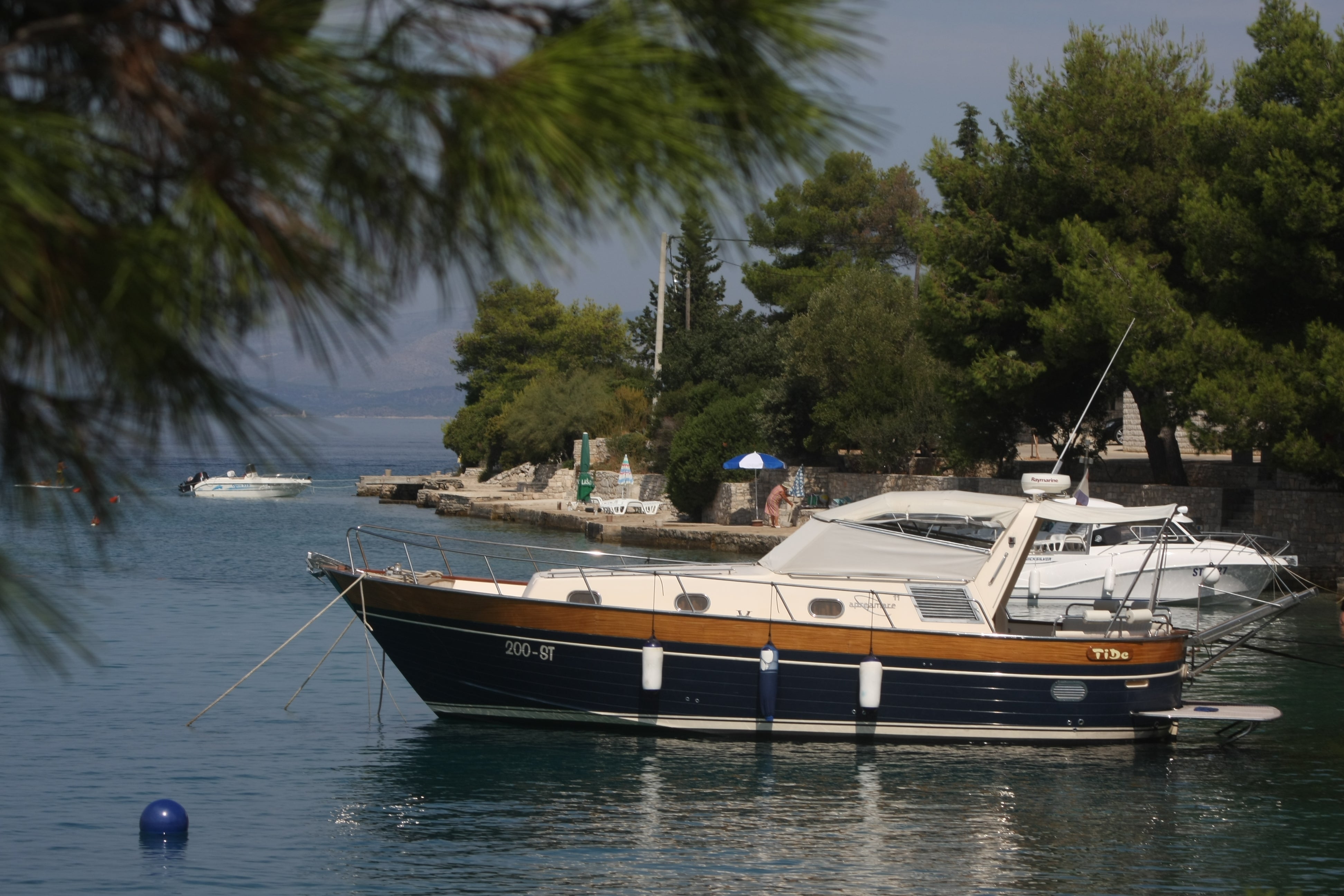When will the next review of travel restrictions be?
Simon Calder answers your questions on the traffic light system, insurance claims and trips to the Mediterranean


Q When is the next “traffic light” review? When will it take effect? And what are you expecting to happen to red list countries like Turkey, Egypt and the UAE?
Jane D
A The public and the media had been led to believe that each review of international travel restrictions for people coming into the United Kingdom would take place every third Thursday. That was certainly the case until the review on 15 July, which moved a day earlier – allegedly because the prime minister had a big “levelling up” speech planned for the Thursday and he didn’t want any attention diverted away from it.
At present, I am keeping both Wednesday 4 and Thursday 5 August clear, but frankly the announcement could come at any time; usually ministers will brief friendly newspapers about when to expect it. Either way, there now appears to be a clear preference for the changes taking effect at 4am on a Monday morning, in this case, 9 August.
What might the review contain for red-listed countries? Turkey, which is the most significant of the holiday nations on the highest-risk register, may be moved to “amber plus” – the new category for which self-isolation is required, though at home rather than in an expensive and uncomfortable quarantine hotel. There is even talk that Turkey could be moved to “red minus,” whereby people who have been fully vaccinated by the NHS could quarantine at home while others go into hotel quarantine.
Questions have been raised about the reliability of data in Egypt and the UAE, but the latter is sending so many people to the UK (despite the fact that everyone has to go into hotel quarantine) that it may be possible to upgrade the country if cases of variants among incoming travellers are found to be extremely low.
Qatar is another possibility for upgrading, but like the UAE its international hub status may keep it on red for months to come.

Q I live in Scotland, have had both jabs and am travelling to Portugal next week from Manchester (hopefully avoiding a move to amber plus status). I know I still need to book a PCR test for day two of arrival. I was told I have to do this in Scotland, but if I have one on arrival at Manchester it will save both time and money. What are my options?
Name Supplied
A The procedure you must follow on return from abroad to the UK depends where you are going when you arrive – which for the vast majority of people will be home. As yours is in Scotland, you must follow the rules that prevail for that country, not England, even though you are touching down there. (The only exception would be if you were, for example, spending another 10 days in England – perhaps to see family, for work or another stretch of holiday – in which case English rules would apply.)
Unlike in England, where the Department for Transport (DfT) invites travellers to shop around for that PCR test, the Scottish government has only one supplier: home test PCR kits provided by NHS Test & Trace. “Book and pay £88 for a Covid-19 test,” it says. “You should take this test within two days of arriving in Scotland and must book your testing kit using the CTM booking portal.” CTM is a private company, part of an Australia-based group, which is contracted by the Department of Health and Social Care for a number of Covid/travel-related activities.
In response to a freedom of information request earlier this summer, the Scottish government said it was not using other providers “due to concerns about the speed and reliability of the flow of data from private companies”. There have been widely expressed concerns about the reliability of commercial providers of tests.
While it would almost certainly be cheaper and easier to get a PCR test on arrival at Manchester, the law says you must wait until you get home and take the prescribed test.

Q We are due to travel to Crete on 21 September. I’m worried in case it goes to the red list before we go, and we won’t be able to travel.
We booked in February. I thought I was doing a good thing by booking early and supporting tourism. I also thought we were covered by my travel insurance. But they say as we booked at a time where everywhere was off-limits, we’re not covered. Is this a con?
Cas E
A Let me try to separate out the different elements of this problem. First, what are the chances of the beautiful Greek island of Crete going on the government’s red list? As of Friday, the new infection rate on Crete is (relative to the population) is broadly the same as the UK, with a declining proportion of “Beta variants” (halved in a week to six per cent of the total).
These numbers are well short of what would be needed to put the island on the red list, and I predict rates in both the UK and the Greek isles will fall further in the next seven weeks.
Suppose Crete does go on the red list, requiring hotel quarantine. Were this to happen, all package holidays would be cancelled. If this is how you have booked, you would be entitled to a full refund within two weeks.
If you have made arrangements independently, then it is a question of seeing whether your airline will continue with the flight – which is probably unlikely, again entitling you to a full refund. Your accommodation provider will probably allow you to postpone. With your potential losses mitigated in this way, travel insurance is irrelevant – as it very often is in these kinds of cases.
So why was your travel insurer apparently unhelpful? I think it may be the way you posed the question. Perhaps it was something like, “If Crete goes on the red list, can I get my money back?” I think any insurer would say something like “Our policy is not designed to cover you for known risks such as that.” With other ways to recoup your investment, there is no compelling reason for travel insurers to pay out for the cost of the holiday; they are good at looking after people once they go abroad. I hope you get to enjoy your holiday and do not need to call on your travel insurance.

Q I am in Croatia and am booked to fly back to the UK at 1pm on Friday, and I know I need a negative test before boarding the flight. As it happens I have negative test result from a test taken at 10am yesterday. Will that still be valid as a “fit to fly” test? Lots of news outlets say the UK’s rule is 72 hours prior to departure, in common with a number of other countries’ entry requirements. That would put me just wide. I am wondering if I need to test again?
Jonathan C
A With so much change and confusion around I am a great believer in reading the exact requirements that each government makes and complying with those.
The UK says: “You must take the test in the three days before the service on which you will arrive in England departs.”
In your case that means Tuesday, Wednesday or Thursday (and, for the avoidance of doubt, a test on the day of travel is fine if you can get the result back in time).
A couple more hurdles to point out before you head back to the bar: the test notification must be in English, French or Spanish; it must include the date the test sample was collected or received by the test provider, the name of the test provider and their contact details.
You do not say what type of test you have taken, but lateral flow/rapid antigen tests are just as acceptable as more expensive and slow PCR and Lamp tests. Indeed for other passengers who have had coronavirus in the past, the UK government recommends the cheaper and less sensitive lateral flow method.
“If you have recently recovered from Covid but are no longer infectious, you should use a lateral flow device (LFD) test,” the government says.
“LFD tests have a lower sensitivity than PCR or Lamp tests, so they are less likely to return a positive result from a historic infection.”
Finally, for completeness, I am sure you know you must pre-book a single PCR test for after you arrive in the UK – a test that can be taken on the same day, or one of the two following days.
Email your questions to s@hols.tv or tweet @simoncalder






Join our commenting forum
Join thought-provoking conversations, follow other Independent readers and see their replies
Comments